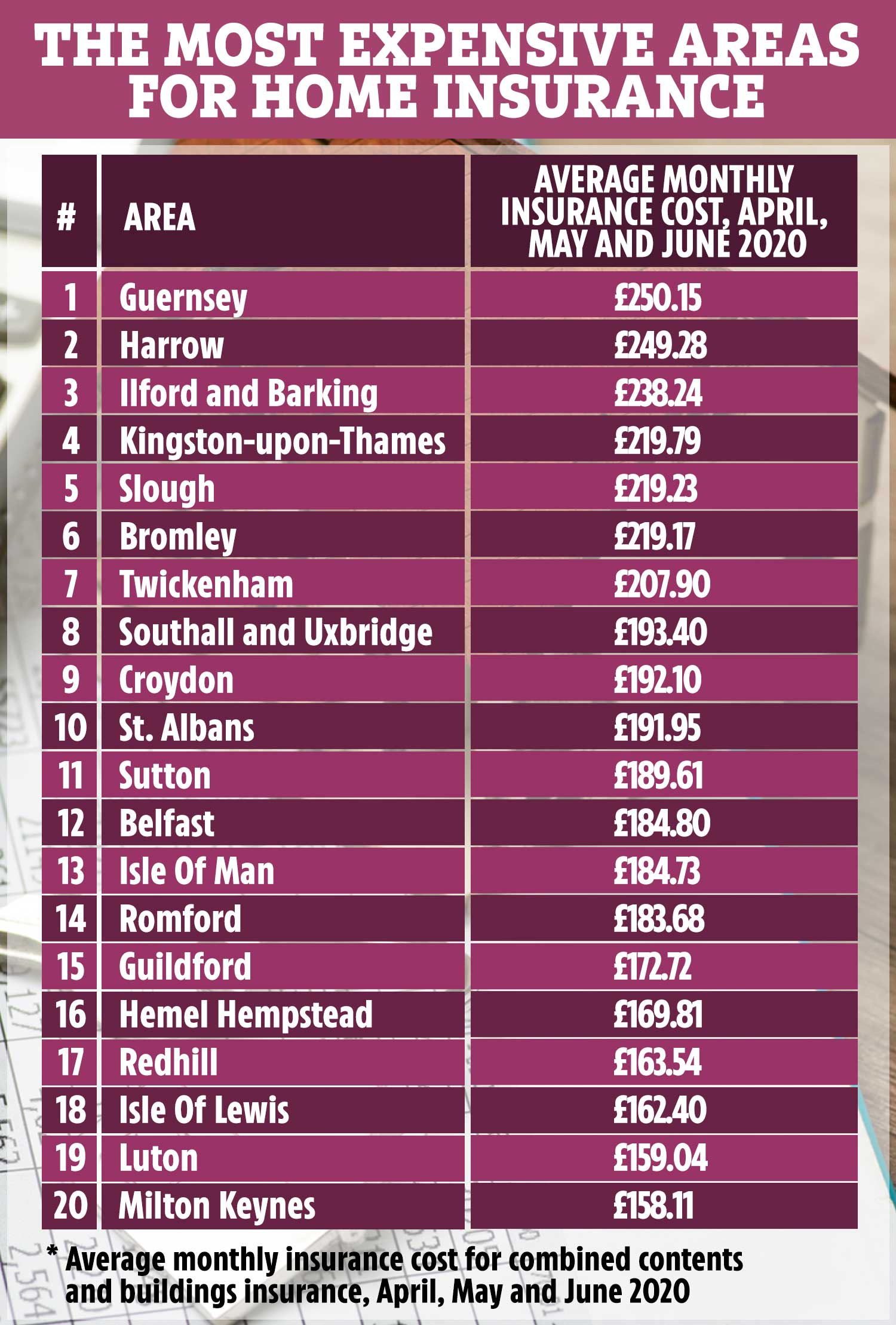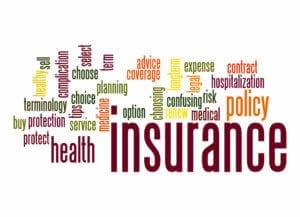
It's crucial to be aware of the types of plans available when searching for New Jersey health insurance. Some plans have age-based premiums while others have location-based rates. This article will inform you about the types of New Jersey insurance plans. This article will also provide information on how to minimize your risk and maximize your coverage.
Cost of health insurance in New Jersey
Your individual situation can impact the cost of your New Jersey health insurance. You may choose a low-cost plan, like a Bronze plan, if you only need routine medical care. You may need to visit your doctor frequently or purchase prescription drugs. If this is the case, you might want to choose a Silver plan.
In New Jersey, the average health insurance plan cost increased by 3% from 2021 to 2022. The most significant jump was in bronze plans. The cost of health insurance in New Jersey is also limited by regulations. As they are unlikely to cover essential benefits, short-term insurance plans for health care are prohibited.
There are many types of plans that you can choose from
There are many options when shopping for New Jersey health insurance. You can choose between a Health Maintenance Organization and an Exclusive Provider Organization plan. HMOs can be affordable and are a great choice for those who want to stay in the same network of specialists and doctors. EPO plans, on the contrary, allow you to pick your own provider network and provide greater coverage.

When looking for a health insurance plan in New Jersey, consider your income level. Low-income people can find lower-cost coverage through Medicaid. You may also be eligible for subsidized insurance coverage, which is available at a reduced or no cost through an insurance marketplace.
Premiums based on age
New Jersey does not allow age-based premiums in health insurance. But, age plays a significant role in the cost and quality of health insurance. Premiums tend to be lower for younger persons and higher for seniors. Certain discounts are available based on income and age. For example, seniors can get premium tax credits and low-income people can get cost-sharing cuts. A quote will be provided to you when you apply for health insurance. Your age and the type you select will affect how much premiums.
Health insurance in New Jersey has two basic types. The HMO is a Health Maintenance Organization. Another is an Exclusive Provider Organization. A HMO will require you to see a network of doctors in order for you to receive treatment. If you do not need a specialist, however, you have the option to choose to see a different provider. The EPO option allows you to go to doctors outside of the network.
Premiums that are location-based
Costs for individual health insurance in New Jersey vary greatly. It all depends upon your personal health and preferences. If you visit the doctor regularly, the Gold plan may be the best option. The monthly rates for this plan are higher, but the deductibles and visits will be lower. However, the Bronze plan may be better suited for you if you do not use your health coverage often. Bronze plans offer lower monthly rates, but higher deductibles or copays. These plans are best for those who don't use their insurance often.
Health insurance costs in New Jersey are based on where you live. This means that prices will be higher in certain areas than in others. By 2022, the average cost of a New Jersey health policy for a 40 year old will be $583 per monthly. This is 3% less than in 2021. For most people in New Jersey, the most affordable health insurance plan is an IHC Silver EPO AmeriHealth Advantage $45/40% plan, which costs $398 a month. Horizon Blue Cross Blue Shield’s value access silver is the lowest cost Silver plan.

Plan for the short-term
There are many insurance companies that offer short-term insurance plans for New Jersey. These plans may not be the best option, but they offer the most value for certain people. The short-term plan is ideal for people with no health insurance or low-cost coverage, while the longer-term plan is the best choice for people with pre-existing conditions and prescription drugs. Your individual needs will determine the cost of each type of plan.
Although benefits and coverage are often limited in a short-term policy, many people find them easy to use and affordable. It usually covers emergency care only and doesn't offer as much coverage as major medical health insurance. While short-term plans have limited benefits, these plans might be an affordable option for people who are on a temporary basis or need to cover their health care needs. You can compare different New Jersey short term medical insurance plans to ensure that you are getting the right coverage for the right price.